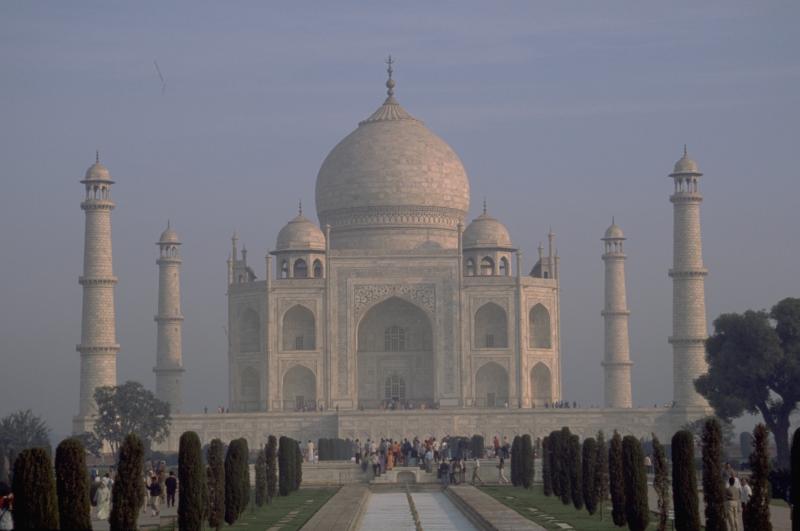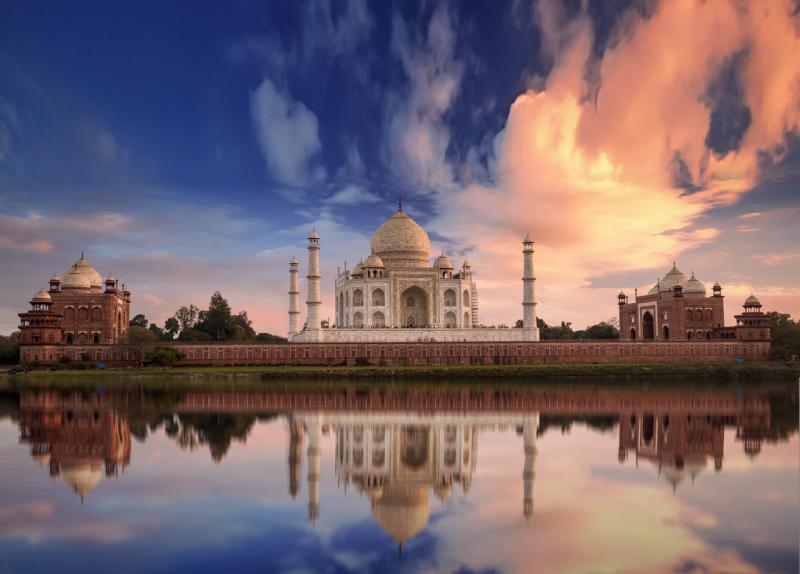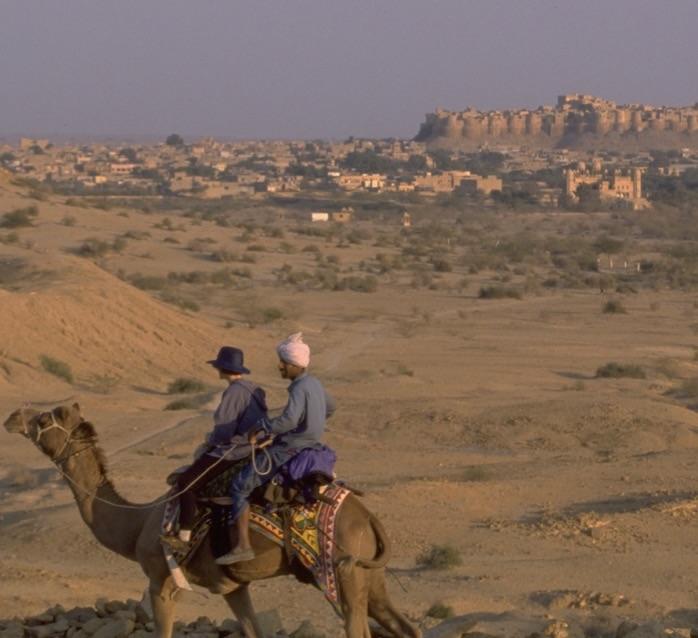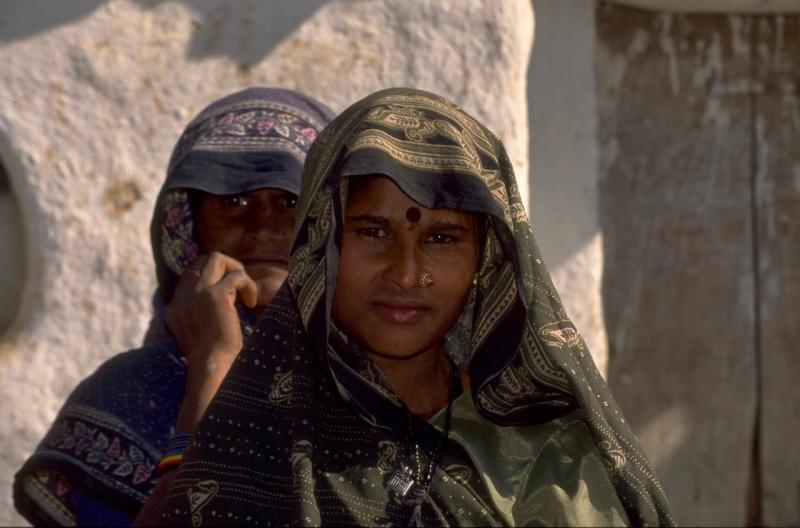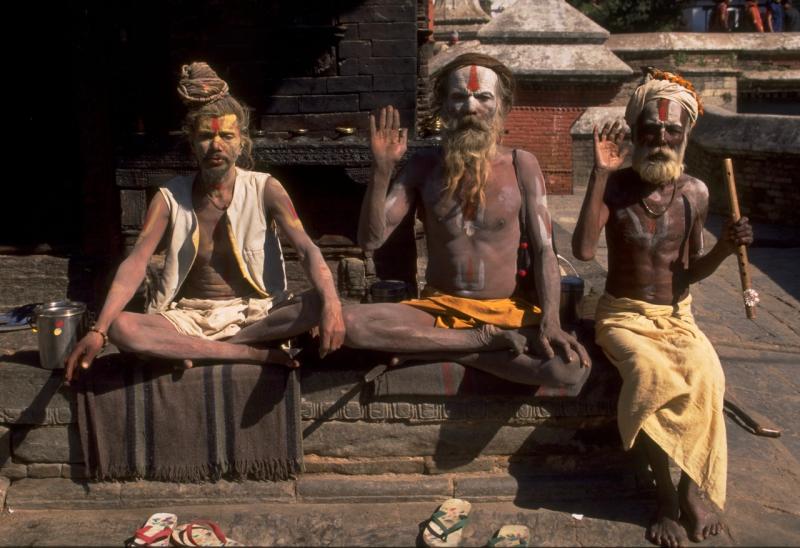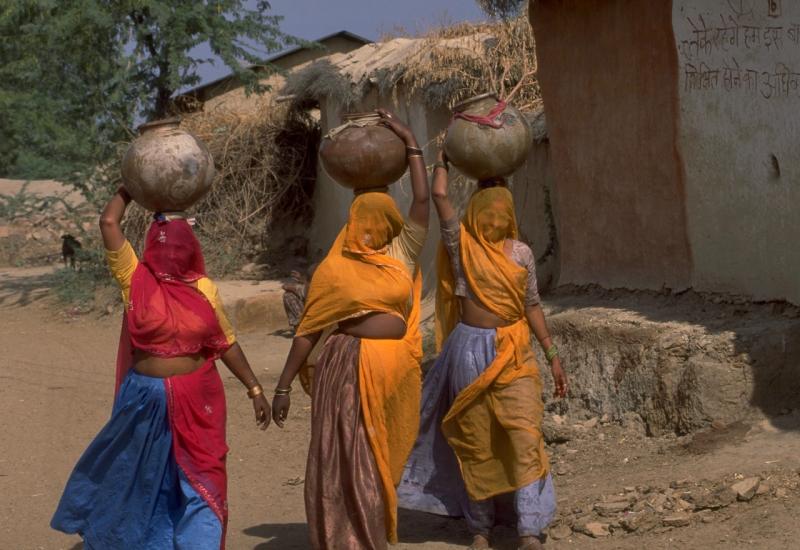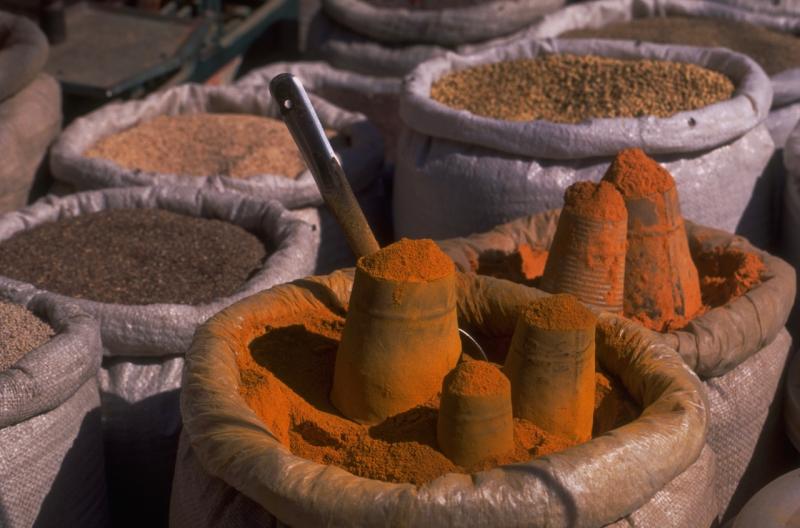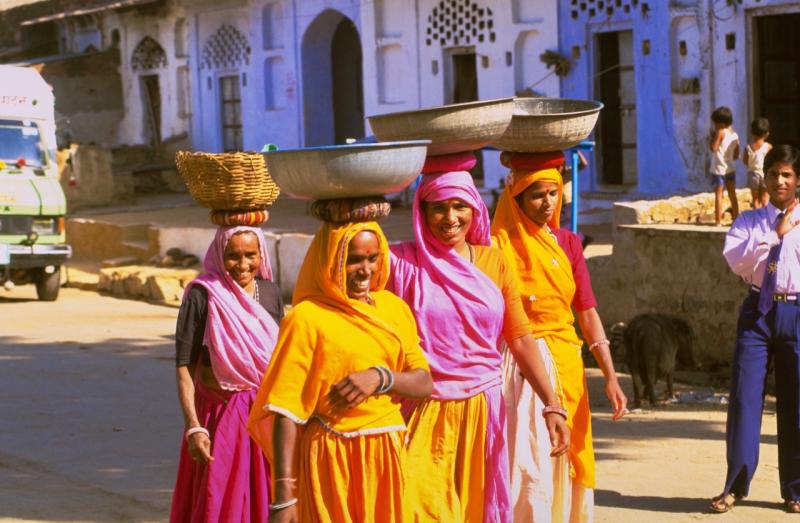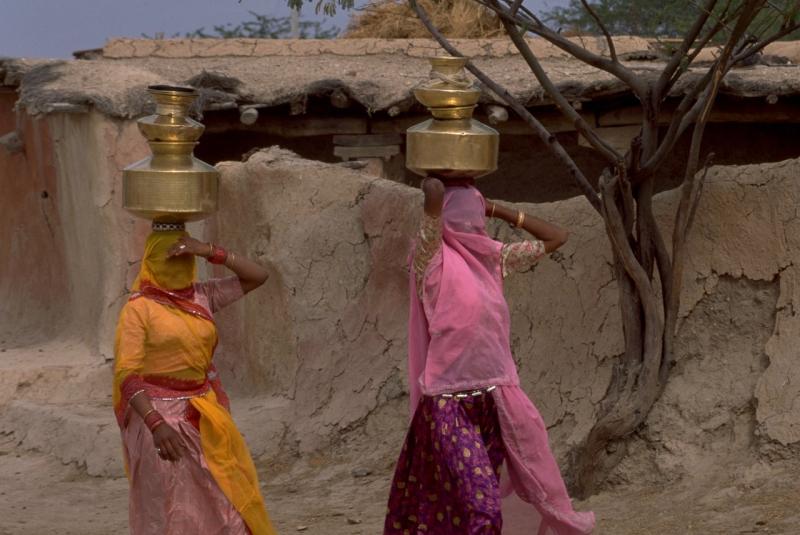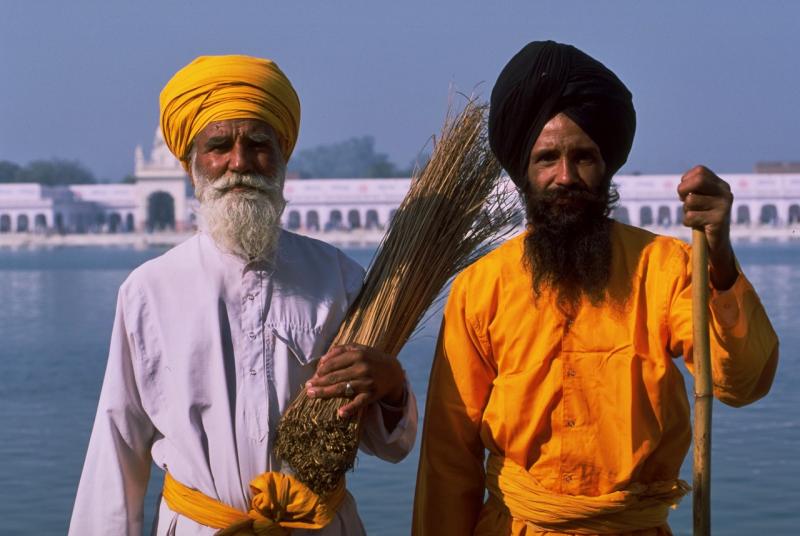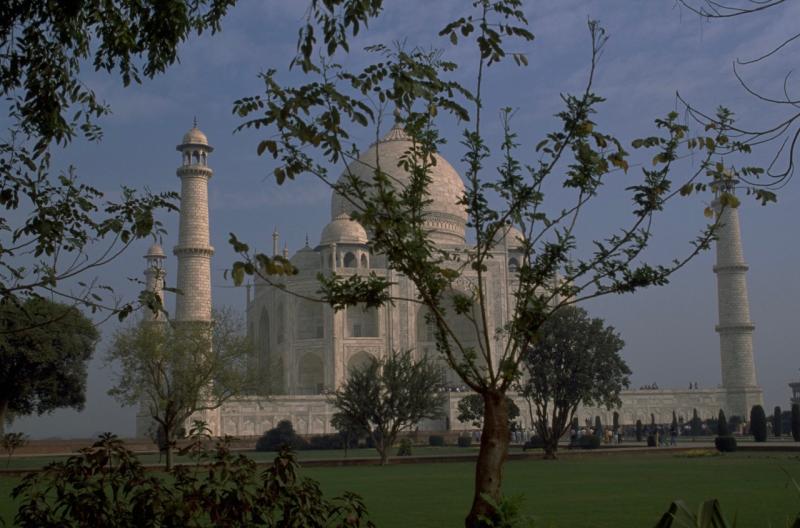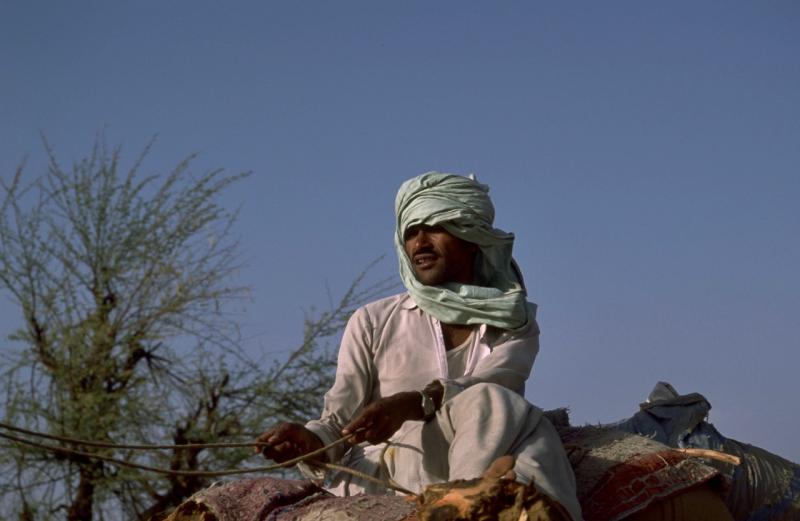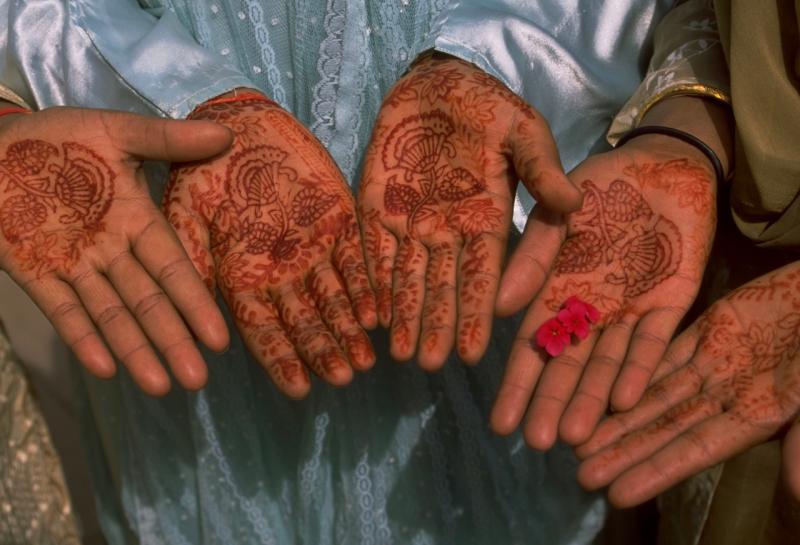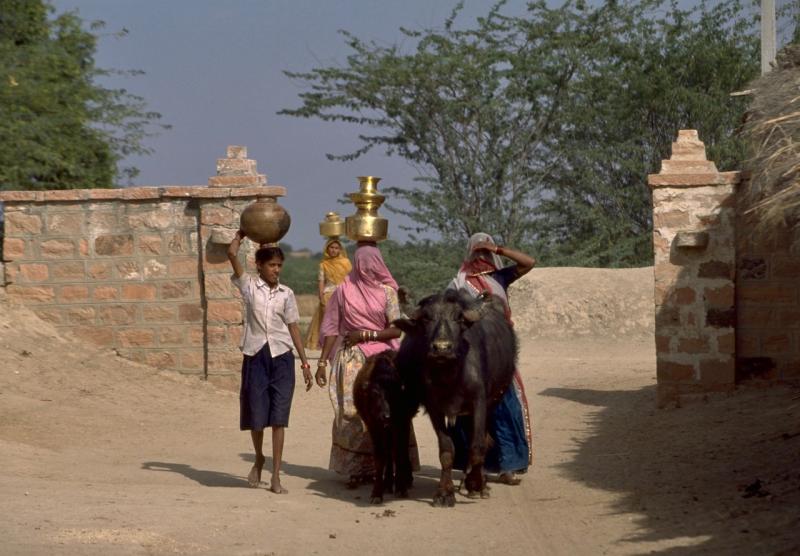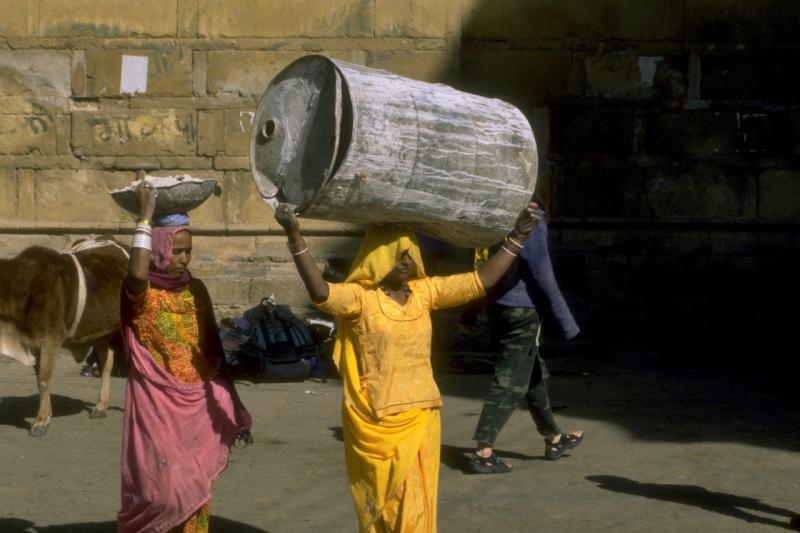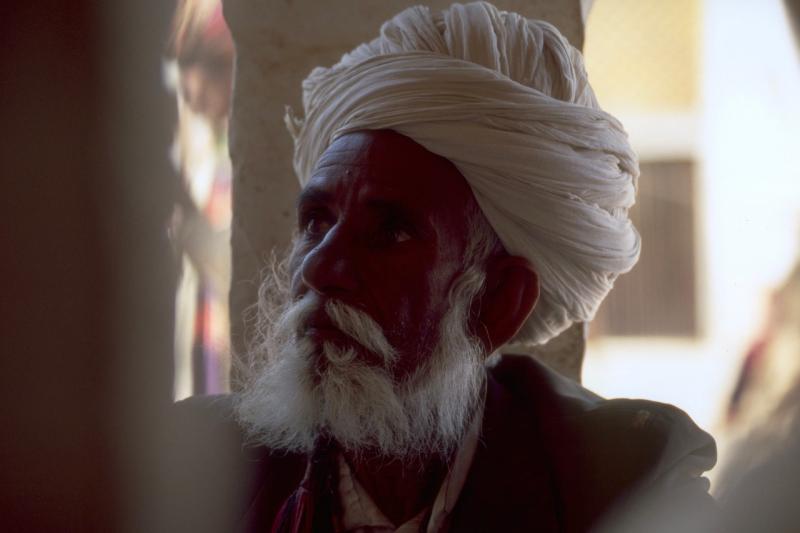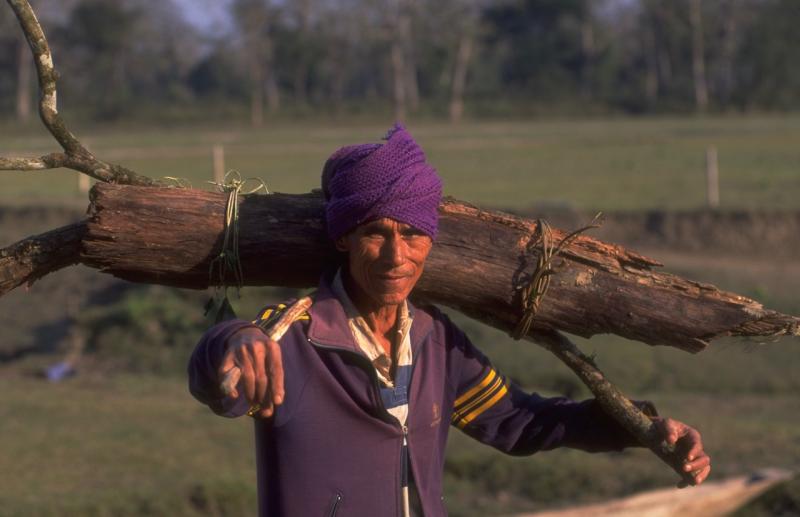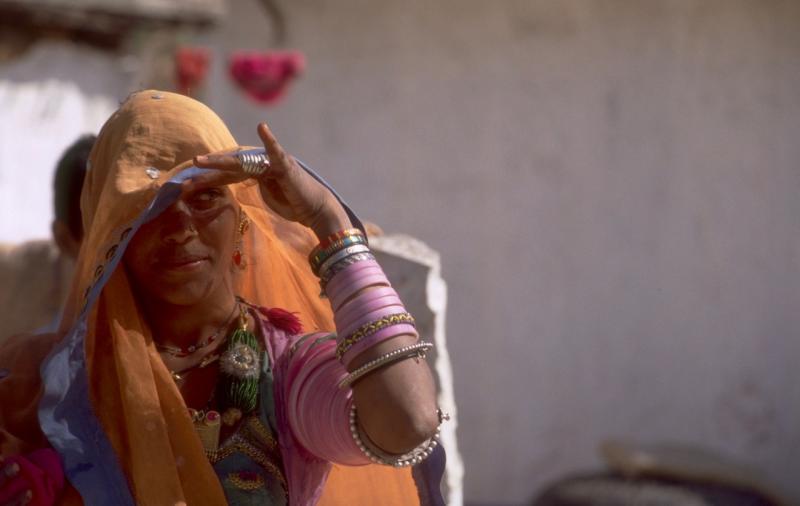Taj Mahal - a centerpiece within the wonder that is india
no one may lay claim to the mark of a traveler without having visited india
11/15/2023
India, a land steeped in history, diversity, and culture, has a narrative spanning millennia. The roots of this subcontinent's history run deep, intertwining with tales of empires, civilizations, and momentous events. One significant chapter in its story is the partition that led to the creation of Pakistan, altering the region's socio-political landscape.
The history of India dates back to the Indus Valley Civilization, one of the world's oldest urban cultures. Flourishing around 2500 BCE in present-day Pakistan and northwest India, it boasted sophisticated city planning, trade, and a writing system. India's ancient period witnessed the rise and fall of mighty empires like the Maurya and Gupta dynasties, contributing to advancements in art, science, and philosophy.
The Mughal Empire, established in the 16th century, left an indelible mark on India's history. Led by emperors like Akbar, Jahangir, and Shah Jahan, it was a golden era of cultural synthesis, architecture, and arts. The Taj Mahal, a marvel of Mughal architecture, stands as a testament to this legacy.
Commissioned by Emperor Shah Jahan in memory of his beloved wife Mumtaz Mahal, the Taj Mahal's construction began in 1632 and took approximately 20 years to complete. The monument, crafted by a workforce of around 20,000 artisans, architects, and laborers, represents a pinnacle of architectural beauty and symmetry.







